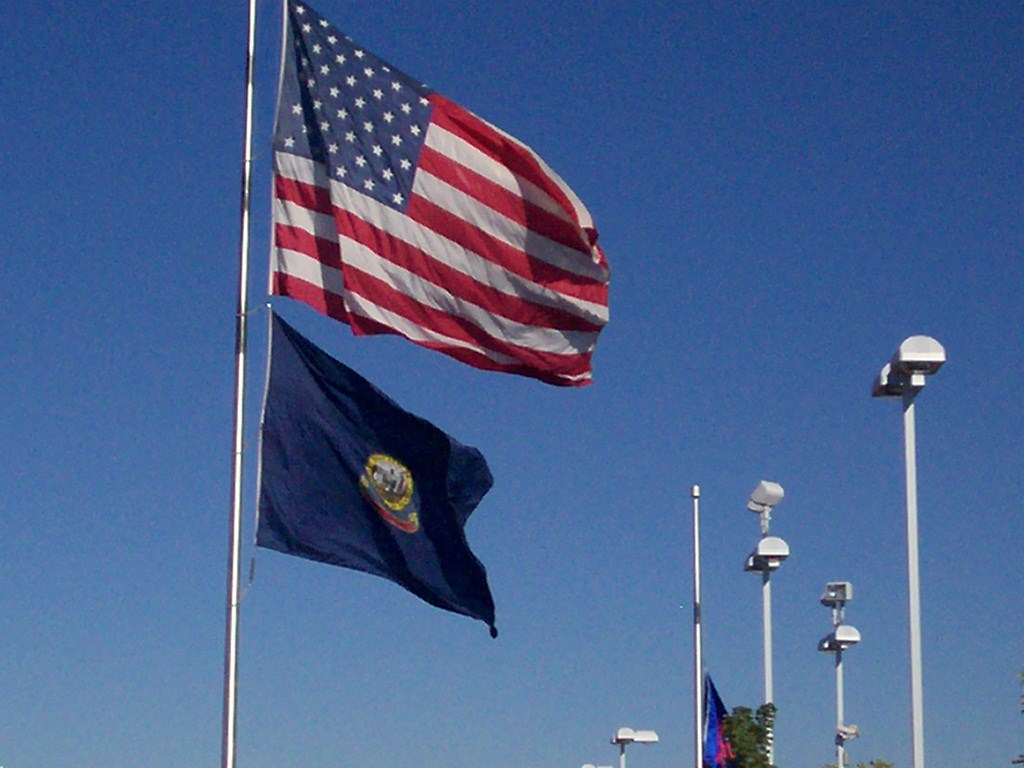Idaho voters will decide on a constitutional amendment on Nov. 5, 2024, that would prohibit noncitizen voting in elections.
The amendment would add language to the Idaho Constitution saying, “No person who is not a citizen of the United States shall be a qualified elector in any election held within the state of Idaho.”
Noncitizens cannot vote or register to vote in Idaho for any state or local elections. Idaho law currently defines a qualified elector as a person who is at least 18 years old, a U.S. citizen, a resident of the state and county for at least 30 days before the next preceding election, and registered to vote.
In 1996, the U.S. Congress passed a law prohibiting noncitizens from voting in federal elections, including elections for the U.S. House, U.S. Senate, and presidential elections. This does not apply to elections at the state and local levels. Certain municipalities in three states—California, Maryland, and Vermont—as well as the District of Columbia, allow for noncitizens to vote in local elections.
The amendment was introduced as House Joint Resolution 5 (HJR 5) on March 5, 2024. In Idaho, constitutional amendments need to pass each chamber of the state legislature by a two-thirds supermajority vote (66.67%) in order to be placed on the ballot. On March 11, the House passed HJR 5 by 63-6, with 58 Republicans and five Democrats voting for the bill, and six Democrats voting against it. On March 25, the Senate passed the amendment by 28-6. All Republican senators voted yes, and all 'no' votes were from Democratic senators.
This will make Idaho the fourth state to vote on a citizenship voting requirement amendment in 2024. Voters in Iowa, Kentucky, and Wisconsin will also be deciding on constitutional amendments requiring citizenship to vote in elections.
Previously, voters in Alabama, Colorado, Florida, Louisiana, North Dakota, and Ohio have decided on citizenship voting requirement amendments. All amendments were approved.



